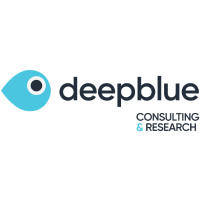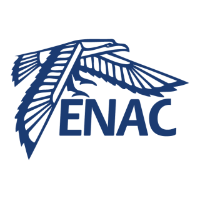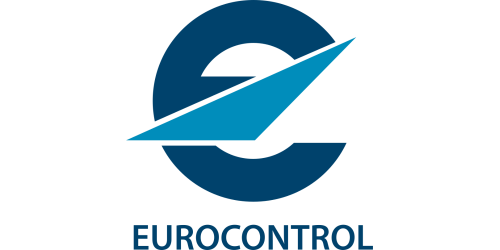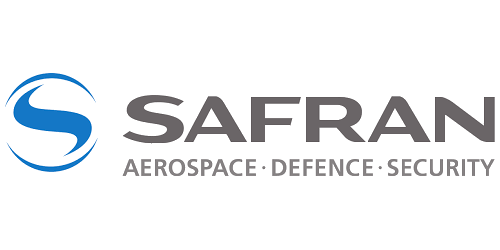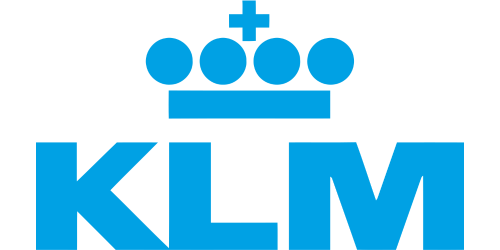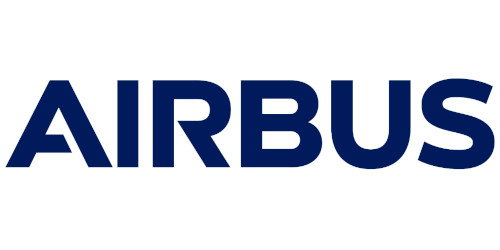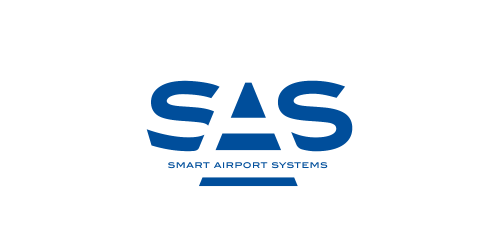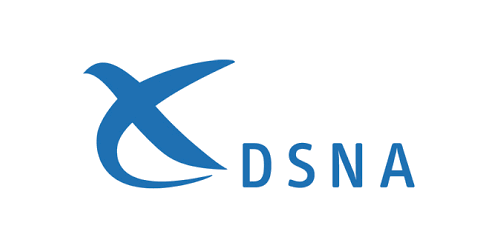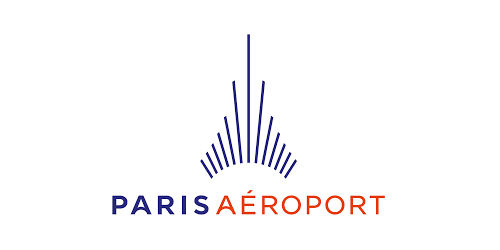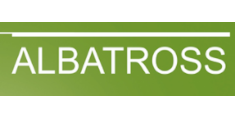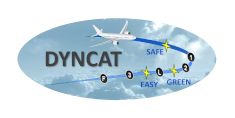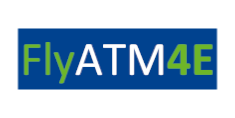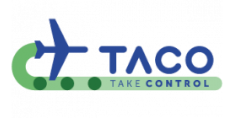About the Project
Concept & Methodology
The development of the operational concept is considered on three different time ranges. As a long-term strategy, AEON elaborates an investment model to help airports or airlines evaluate their interest in our solution. Further, on a operations strategic phase, the Consortium considers different techniques to use on each aircraft and to reduce fuel consumption. Finally, on a operations tactical phase, AEON considers real-time evaluations of environmental indicators to support decision-making tool to be implemented.
The project will work closely with airports, airlines and manufacturers on developing the concept of operations in order to ensure that the approach proposed can be integrated into already existing airport collaborative decision-making tools.
Consortium
Our partners put together a valuable mix of expertise in the ATMs sector aiming to foster the deployment of engine-off taxiing techniques, meeting safety standards and contributing to a greener aviation.
Advisory Board
AEON’s Advisory Board (AB) reunites players of the aviation industry such as airlines, airports and manufacturers to develop a harmonized concept of advanced engine-off taxiing operations. The Consortium will meet the AB members on a periodical base in order to ensure a true collaboration with AEON’s key stakeholders.

